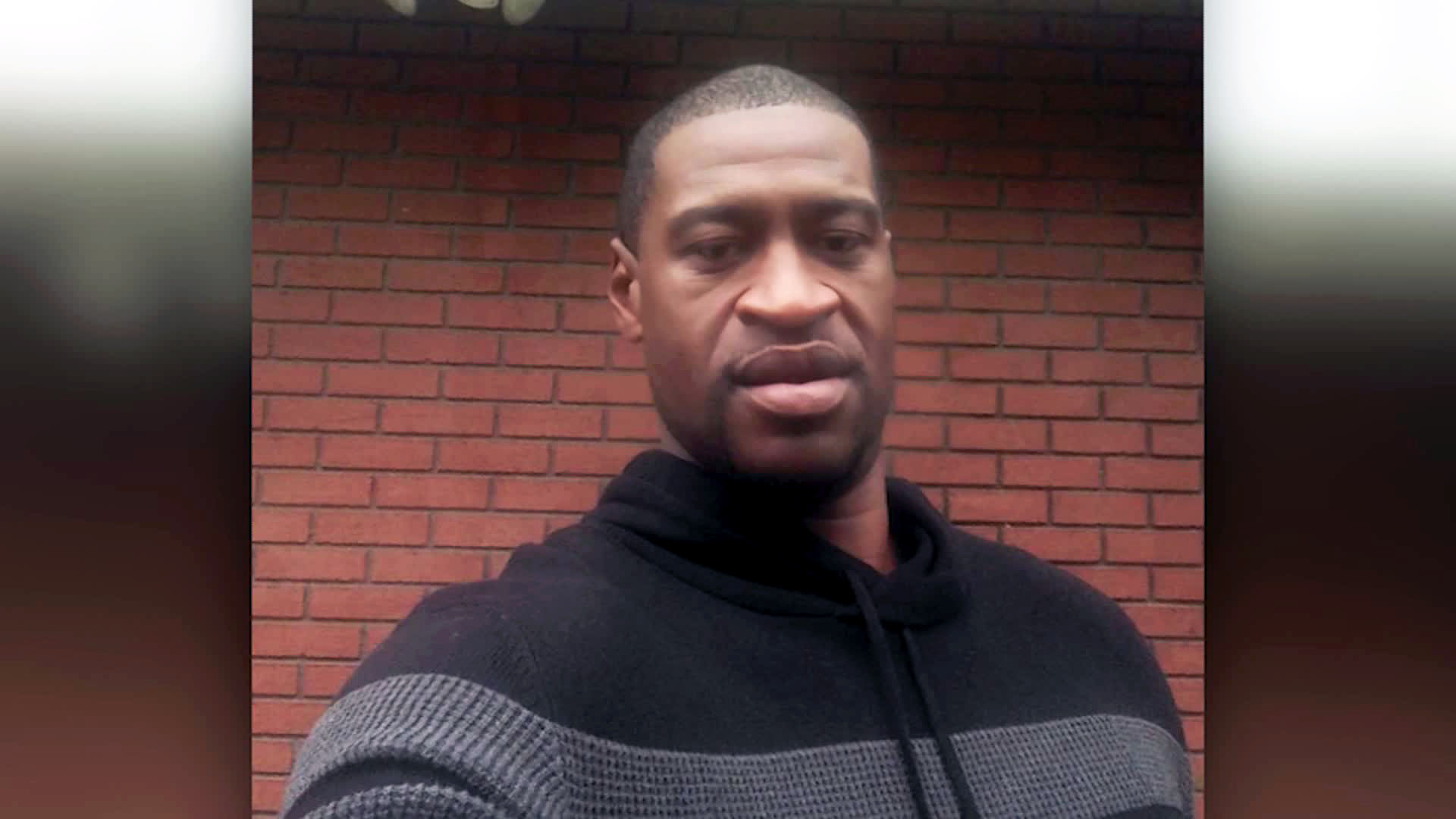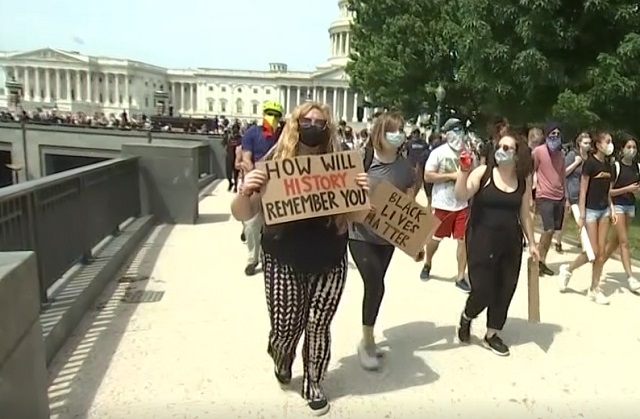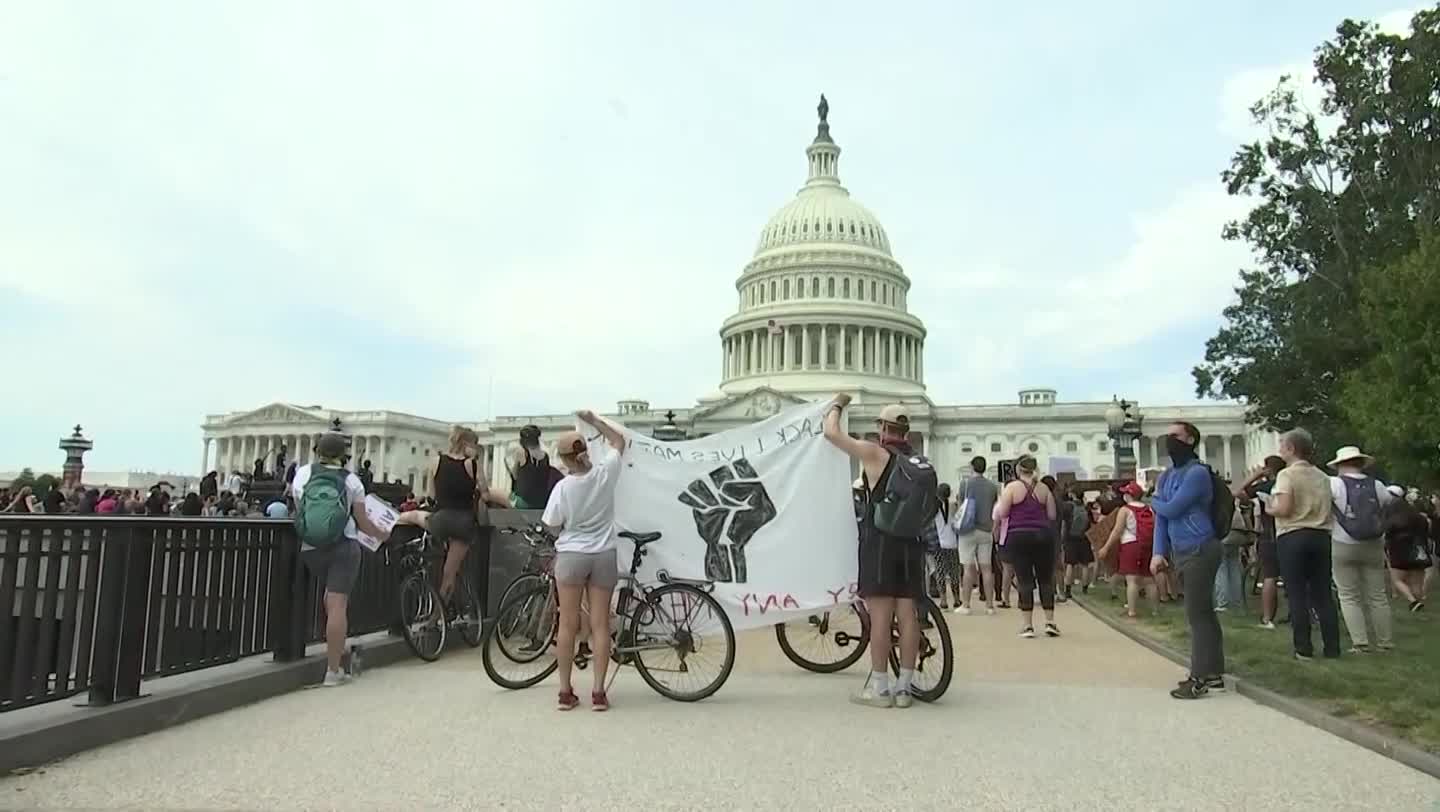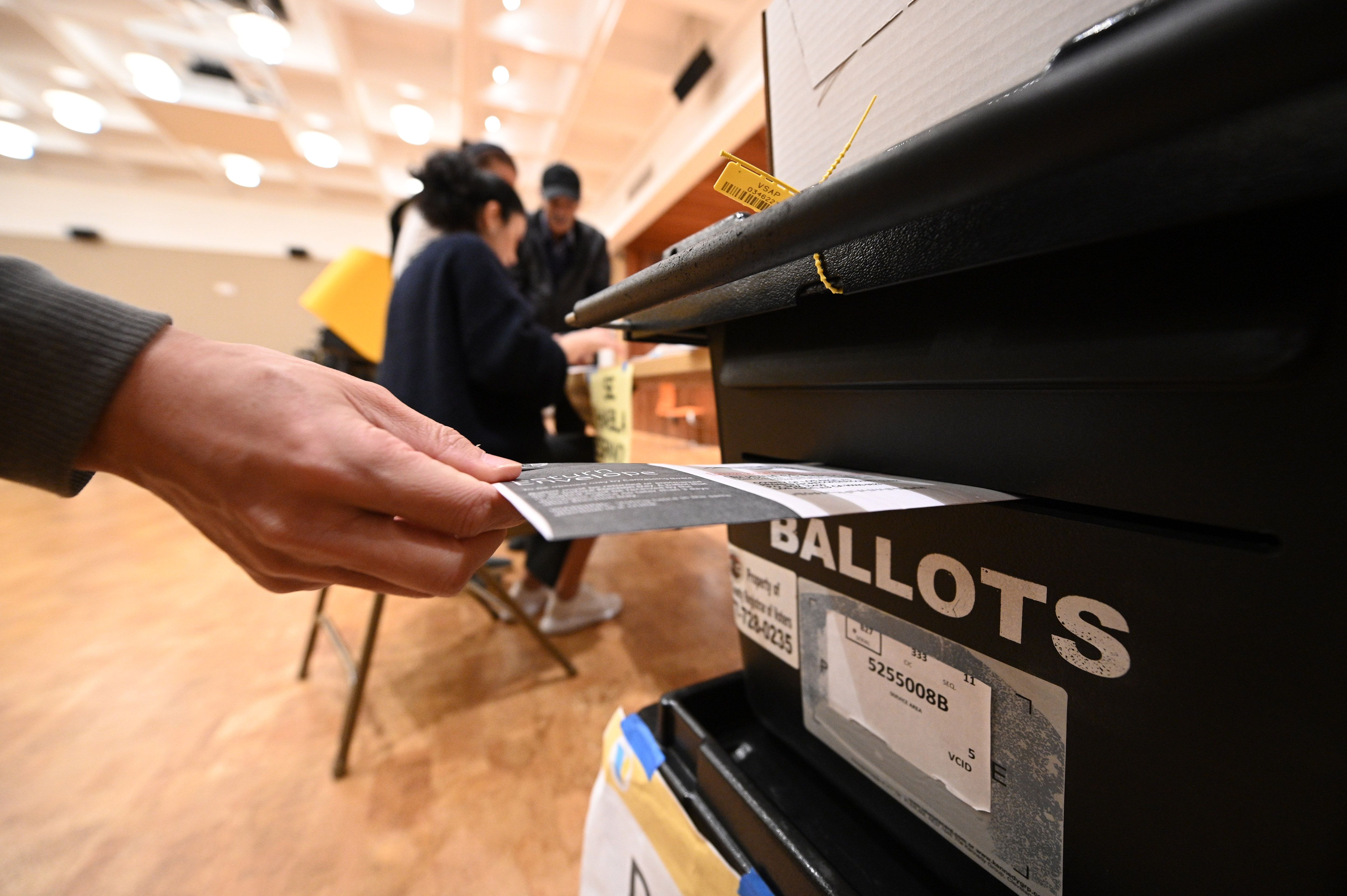HARLINGEN, TEXAS (Border Report) — The difficulty that asylum seekers face when forced to remain in Mexico until their hearings and when they finally appear in court was apparent Monday when migrant after migrant went before U.S. Immigration Judge Sean Clancy either ill-prepared or unaware of court rules.
The Executive Office of Immigration Review (EOIR), which oversees U.S. immigration courts, also did not have enough interpreters available on Monday for some of the non-Spanish speaking indigenous migrants, who are part of the Migrant Protection Protocols (MPP) program
The Trump administration began implementing this program in South Texas in mid-July, and since then an estimated 1,600 people, also called MPPs, have been living in a tent camp in Matamoros at the base of the Gateway International Bridge while awaiting their asylum hearings.

Border Report spent most of Monday observing Judge Clancy’s courtroom, where 72 cases of these MPPs were scheduled on the docket before 2 p.m. These migrants were heard via video conferencing from a courtroom set up at a newly constructed judicial tent city at the Gateway Port of Entry to Clancy’s courtroom in Harlingen, Texas, about 30 miles away.
All of the migrants were required to be at the Gateway Port of Entry, at the mid-point of the bridge, at least four hours before their scheduled court time, which meant that those who were on the docket for 8 a.m., had to be in line at the bridge by 4 a.m.
Many were soaking wet and cold after enduring a night of heavy rains, which amounted to almost 2 inches, and included a tornado warning in Brownsville at 2 a.m.
“Regardless of the tornado warnings and the rain they had to be on the bridge at 4 a.m.,” immigration lawyer Jodi Goodwin said.
Four migrants whose cases were scheduled for 8 a.m., had to have their hearings rescheduled for a month to six weeks later because the federal government did not have available any interpreters on Monday to translate their indigenous Mayan languages of Achi tanko, Mam, and Chalchiteco.
Two of the indigenous women held babies in arms as they listened to Clancy via a Spanish interpreter although none of them spoke Spanish fluently. They were told to report back at 8:30 a.m. Nov. 20 to the Gateway Port of Entry. Another indigenous woman, Elia Magdali Lopez-Mendez, who appeared in court with her toddler, Mery Soledad Mernanadez-Lopez, was told to return Dec. 2.
Lopez raised her hand and in halting Spanish managed to ask Clancy why her court date was later than the others. “My daughter is sick and suffering much,” Lopez said. “My child gets sick now that we are in Mexico.”
Judge Clancy told her “I’m sorry for your troubles, ma’am.” He added that “We must continue your cases to make sure your rights are read to you properly. … It’s important you understand these rights to have a fair hearing.”
Then he instructed them to ensure that all of their asylum paperwork is filled out in English. And that if any supporting documents are submitted in another language, then it must come with a certificate of translation, verifying that it was done by a professional. Clancy then asked the government’s assistant counsel Kristen Hitchner if the forms were available in another language, which they are not.
“I appreciate that will be difficult and more so for you folks, as Spanish is not your first language. But that is what the law requires,” Clancy said.
No cellphones or cameras are allowed in immigration court. And permission must be obtained by the judge to observe a courtroom.
In case after case, most migrants expressed a lack of funds to pay for a translator, nor the ability to write or read English.
“Unfortunately all evidence must be submitted in English. Any evidence not in English must be translated into English,” Clancy said. “And if the application is not correctly and completely filled out, I probably will not grant it.”
Some of the defendants had their paperwork in tow, but admitted not all was translated. And so their cases were continued. Some into 2020.
In one case, a continuation was scheduled for Dec. 19 for a pre-trial hearing as to whether a thumb drive containing a news report on a family of MPPs, which appeared in the Miami Herald, could be admitted into evidence. Hitchner told Clancy there was no protocol for accepting computerized supporting documents. The merit hearing for the four-member family, which came from Cuba, was scheduled for Jan. 28.

Roberto Ledo Taguuy begged Clancy to allow him to stay in the United States while his case his pending. He said that his wife and daughter live in the United States. But Clancy told him “I don’t have the authority to give you permission to come in temporarily to the United States. I have the authority to allow you to come in permanently, if you merit, but the determination for temporary status lies with the U.S. Department of Homeland Security.”
I don’t have the authority to give you permission to come in temporarily to the United States. I have the authority to allow you to come in permanently, if you merit.”
U.S. Immigration Judge Sean D. Clancy
Outside the Gateway judicial tent facility in Brownsville, Federal Protective Service Police with the U.S. Department of Homeland Security, on Monday continued to guard the entrance to the facility. A few lawyers have been allowed into that facility since hearings began on Sept. 12, but no media or public onlookers have been allowed inside.
Read a Border Report story on the first MPP cases heard at the judicial tent facility.


Border Report selected Clancy’s courtroom to observe the initial asylum hearings of Carolina Carranza-Silva, and her daughter Emily Monserrath, who have been featured in several Border Report articles. But by the time it took to find their courtroom on docket sheets taped to the courthouse wall — their 8 a.m. scheduled hearing time had passed. Neither Clancy nor Hitchner would confirm whether they had appeared.
Border Report visited Carranza’s empty tent in Matamoros on Monday afternoon, seven hours after her scheduled hearing and spoke with other migrants who live near her but nobody knew what happened to them and said they had not returned from court.
Vanessa Villalobos who lives in a tent near Carranza’s with her three children, ages 16, 9 and 6 months, said she also spent the day in court, but “was turned away because there was no judge,” she said in Spanish. Villalobos had a 3 p.m. scheduled hearing and went to the Gateway Port of Entry at 11 a.m. to wait. Now her hearing has been reset for Nov. 14.

“It’s horrible living here. It’s so hard. We’ve been here for three months already. When will this end?” Villalobos said.
Sandra Sanchez can be reached at SSanchez@BorderReport.com.


























